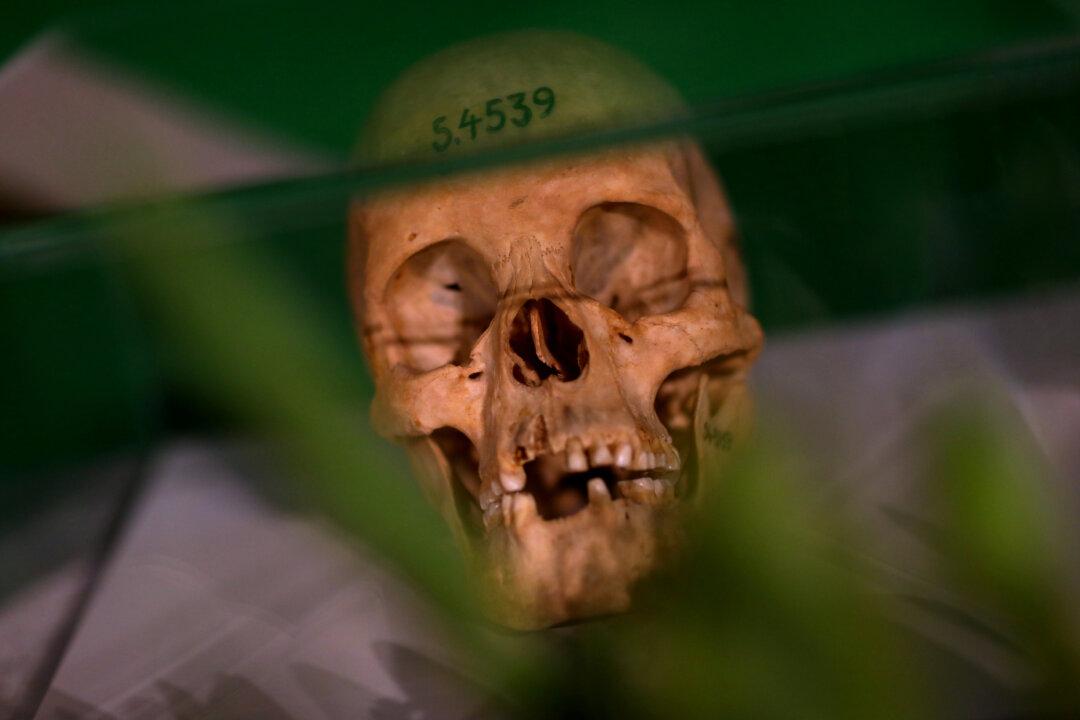BERLIN—Germany has handed over to Namibia the skulls, bones, and other remains of massacred tribespeople used more than a century ago for now-discredited research that sought to prove the racial superiority of white Europeans.
In what historians call the first genocide of the 20th century, soldiers of Germany’s Kaiser Wilhelm slaughtered some 65,000 Herero and 10,000 Nama indigenous people in a 1904–08 campaign after a revolt against land expropriations by German colonists. At the time, Namibia was under German colonial rule.





